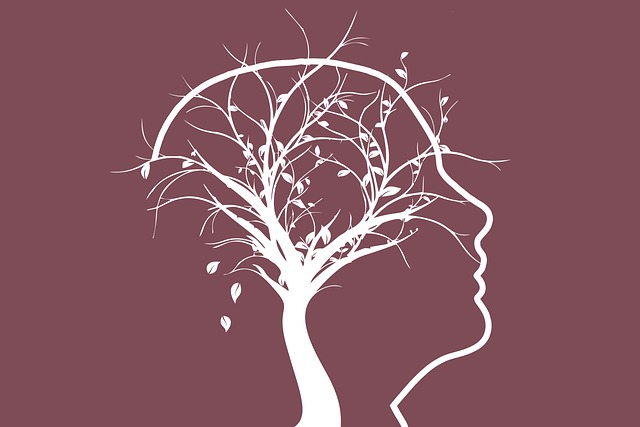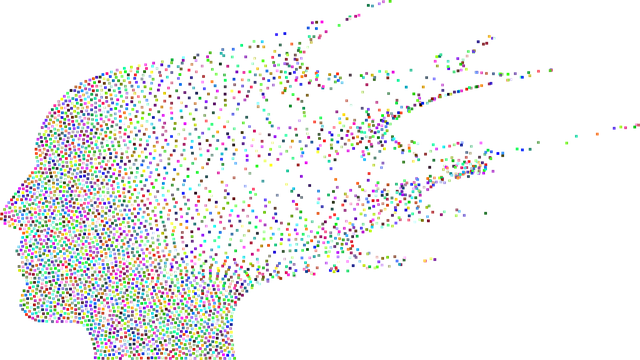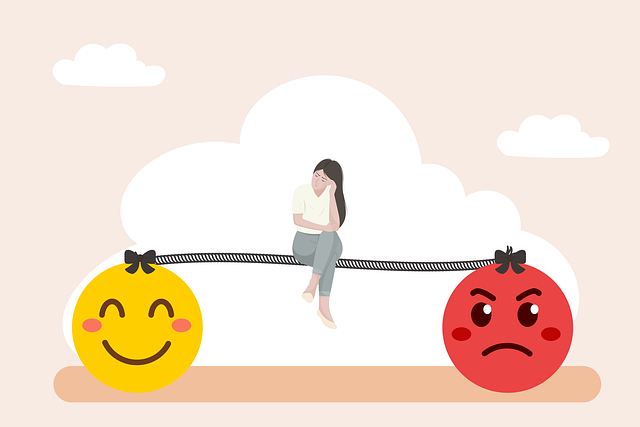Cognitive Behavioral Psychotherapy (CBT): A Comprehensive Approach to Mental Health
CBT is an evidence-based therapy that targets negative thought patterns linked to emotional issues like anxiety, depression, and stress. It empowers individuals to challenge and reframe these distorted thoughts, leading to improved emotional well-being. Through structured sessions, therapists help clients identify unhelpful cognitive distortions, replace them with positive thinking, and adopt healthier habits for better emotional balance. CBT assignments reinforce learning, and its versatility extends to various conditions, including depression, anxiety, PTSD, OCD, eating disorders, and chronic pain. Technological advancements and research are enhancing CBT's future, making it more accessible and effective worldwide.
Cognitive Behavioral Psychotherapy (CBT) is a powerful approach to mental health treatment that focuses on challenging and changing negative thought patterns. This therapeutic method has proven effective for various conditions, from anxiety and depression to post-traumatic stress disorder.
In this comprehensive guide, we’ll explore the core principles of CBT, techniques used in sessions, its benefits, and more. Discover how this evidence-based practice empowers individuals to take control of their mental well-being and cultivate lasting positive changes.
Understanding Cognitive Behavioral Psychotherapy: A Brief Overview

Cognitive Behavioral Psychotherapy (CBT) is a highly effective form of mental health psychotherapy that focuses on identifying and changing negative thought patterns and behaviors. It’s a collaborative process between therapist and client, designed to help individuals understand the connection between thoughts, feelings, and actions. By challenging and modifying unhelpful cognitive distortions, CBT empowers people to develop healthier coping mechanisms and improve their overall well-being.
This evidence-based approach aims to equip clients with practical tools to manage various mental health challenges, such as anxiety, depression, and stress. Through structured sessions, individuals learn to recognize negative thought traps and replace them with more realistic and positive thinking. CBT also addresses behavioral issues by encouraging the adoption of healthier habits and activities that foster resilience and emotional balance.
The Core Principles of CBT: Challenging Negative Thought Patterns

Cognitive Behavioral Therapy (CBT) is a powerful approach in mental health psychotherapy, focusing on identifying and changing negative thought patterns that contribute to emotional distress. At its core, CBT emphasizes the relationship between thoughts, feelings, and behaviors, aiming to empower individuals to challenge and reframe distorted thinking.
The primary goal is to help clients recognize automatic negative thoughts—often quick, unreflected judgments—and evaluate their validity. By questioning these thoughts, individuals can gain a more balanced perspective, leading to improved emotional well-being. This process encourages a shift from being controlled by negative thought patterns to becoming the master of one’s mental health.
Identifying and Modifying Distorted Cognitions

Identifying and modifying distorted cognitions is a core aspect of cognitive behavioral psychotherapy (CBT), an evidence-based approach to mental health treatment. CBT recognizes that our thoughts, feelings, and behaviors are interconnected, with negative thought patterns often leading to distressing emotions and unhelpful actions. During therapy, individuals learn to recognize these distorted cognitions—such as all-or-nothing thinking, catastrophizing, or overgeneralization—which contribute to mental health issues like anxiety and depression.
Through careful exploration and challenge, therapists help clients question the validity of their distorted thoughts. This process involves examining evidence for and against these beliefs, fostering a more balanced and realistic perspective. By modifying these cognitive distortions, individuals can improve their emotional well-being, make more adaptive decisions, and develop healthier coping strategies in their daily lives.
Techniques Used in CBT Sessions: Homework and Practice

In cognitive behavioral psychotherapy (CBT) sessions, homework and practice are crucial components that reinforce learning and promote positive changes in mental health. After each session, patients are often assigned specific tasks designed to challenge and change negative thought patterns and behaviors. This could include keeping a mood journal, practicing mindfulness exercises, or engaging in exposure therapy for anxiety disorders. The goal is to help individuals apply the techniques discussed during therapy to their daily lives.
Regular practice between sessions allows patients to gain insights into their thoughts, feelings, and actions, making it easier to identify and modify unhelpful cognitive processes. This continuous learning and self-reflection are essential to achieving lasting improvements in mental health psychotherapy. Patients who actively engage with their homework tend to experience more significant benefits from CBT.
Benefits of CBT for Mental Health Improvement

Cognitive Behavioral Therapy (CBT) offers a powerful approach to improving mental health and well-being. By focusing on the connection between thoughts, feelings, and behaviors, CBT empowers individuals to identify and challenge negative thought patterns that contribute to emotional distress. Through this process, clients gain valuable insights, learn coping strategies, and develop healthier ways of thinking and acting.
One of the key advantages of CBT is its evidence-based nature, making it an effective treatment for various mental health conditions such as depression, anxiety disorders, and post-traumatic stress disorder (PTSD). It provides individuals with practical tools to manage their symptoms, enhance self-awareness, and improve overall quality of life. The structured nature of CBT sessions allows for clear goals and measurable progress, ensuring that clients stay motivated and engaged in their journey towards mental health improvement.
Common Conditions Treated with Cognitive Behavioral Therapy

Cognitive behavioral therapy (CBT) is a widely recognized and effective approach in the realm of mental health psychotherapy, addressing a multitude of common conditions. These include depression, anxiety disorders, post-traumatic stress disorder (PTSD), and obsessive-compulsive disorder (OCD). CBT focuses on identifying and modifying unhelpful thought patterns and behaviors that contribute to these mental health issues. By challenging negative thoughts and replacing them with more realistic and positive ones, individuals can learn to manage their symptoms effectively.
In the context of mental health psychotherapy, CBT has proven successful in treating not only depression and anxiety but also eating disorders, substance abuse, and even chronic pain. It empowers individuals to take an active role in their healing process, providing them with practical tools to cope with challenges. This evidence-based therapy is known for its structured nature, often involving specific techniques such as cognitive restructuring, behavioral activation, and exposure therapy, which collectively help patients regain control over their lives.
The Role of the Therapist in CBT Sessions

In cognitive behavioral therapy (CBT) sessions, the therapist plays a crucial role in guiding individuals toward better mental health and improved well-being. They facilitate a collaborative partnership with clients, working together to identify negative thought patterns, emotions, and behaviors that may be hindering their progress. Through skilled questioning, therapists help clients gain insights into their cognitive processes, challenging unhelpful beliefs and replacing them with more realistic and adaptive ones.
During CBT, the therapist provides a safe and supportive environment, encouraging open communication and helping clients to navigate complex emotional landscapes. They teach coping strategies, problem-solving skills, and mindfulness techniques tailored to each individual’s unique needs. By fostering self-awareness and empowering clients to take control of their mental health journey, therapists enable them to make sustainable changes in their thinking, feeling, and behaving.
Integrating CBT into Everyday Life: Long-Term Success Strategies

Integrating Cognitive Behavioral Therapy (CBT) into everyday life is a key strategy for long-term success in mental health psychotherapy. CBT encourages individuals to identify and challenge negative thought patterns and behaviors, replacing them with healthier alternatives. This process empowers clients to become more aware of their emotional triggers and develop effective coping mechanisms that can be applied anywhere, from the workplace to social gatherings. By regularly practicing the skills learned during therapy sessions, individuals can foster resilience and maintain their mental well-being over time.
For sustained success, it’s crucial to establish a routine that incorporates CBT techniques. This may include keeping a journal to track thoughts and emotions, engaging in mindfulness exercises to stay present, and using relaxation strategies to manage stress. Additionally, seeking support from friends, family, or support groups can provide ongoing encouragement and accountability. Regular self-reflection and reevaluation of one’s progress are also essential, allowing individuals to adapt their strategies as needed and ensure long-lasting positive changes in their mental health psychotherapy journey.
Future Trends and Research in Cognitive Behavioral Psychotherapy

The future of cognitive behavioral psychotherapy (CBP) looks promising, with ongoing research exploring innovative techniques and expanding its applications in the realm of mental health. One emerging trend is the integration of technology, such as virtual reality (VR) and mobile apps, to enhance therapy sessions and improve patient access. VR can create immersive environments for exposure therapy, aiding in the treatment of phobias and PTSD by gradually exposing individuals to their fears in a safe setting. Mobile applications, on the other hand, offer convenient tools for monitoring symptoms, delivering cognitive exercises, and providing mindfulness practices between sessions.
Additionally, researchers are delving into the neurobiology of CBP, aiming to gain a deeper understanding of how brain changes relate to therapeutic outcomes. This involves studying neuroplasticity and the impact of cognitive interventions on brain function. Such insights could lead to more tailored and effective treatment protocols. Furthermore, cultural adaptations and contextualization of CBP are gaining attention, recognizing that mental health issues and therapeutic responses vary across different populations and societies. This ensures that psychotherapy becomes more accessible, culturally sensitive, and relevant to diverse communities.
